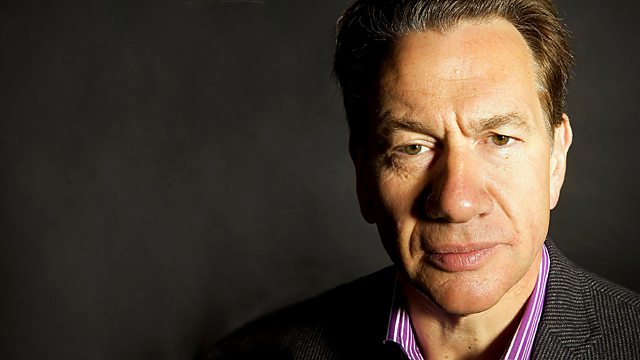French Resistance
Michael Portillo discovers how romantic memories of the French Resistance created a military legend which overshadowed its more important political role in post-war France.
Michael Portillo discovers how romantic memories of the French Resistance created an enduring military legend which overshadowed its more important political role in shaping post war France.
When we remember the Resistance we think of square-jawed men in leather jackets hiding out in caves and young women in berets bent over secret radios - thanks to film and TV portrayals of those who resisted the German occupation. However, while acknowledging the bravery and sacrifice of individuals, historians and resisters themselves agree that the Resistance was not an effective military force. Active resisters numbered only 2% of the French population and until 1943 it was a fractured group of several different movements.
But in 1944 the Resistance, which had become increasingly made up of Communists, drew up a charter of social and political reforms to be implemented after the liberation of France. General Charles de Gaulle, whose regard for the Resistance was equivocal and who was not a champion of the left was, however, a pragmatist. Mindful that he needed the support of the Resistance to bolster his case to become Prime Minister - in the face of Allied opposition - he agreed to these far reaching reforms which went on to shape the course of modern day France.
Michael Portillo hears from former resisters including Stephane Hessel who believes modern France has lost sight of the values many people lost their lives for.
Producer: Paula McGinley.
Last on
More episodes
Previous
Broadcast
- Sun 27 Nov 2011 13:30主播大秀 Radio 4

